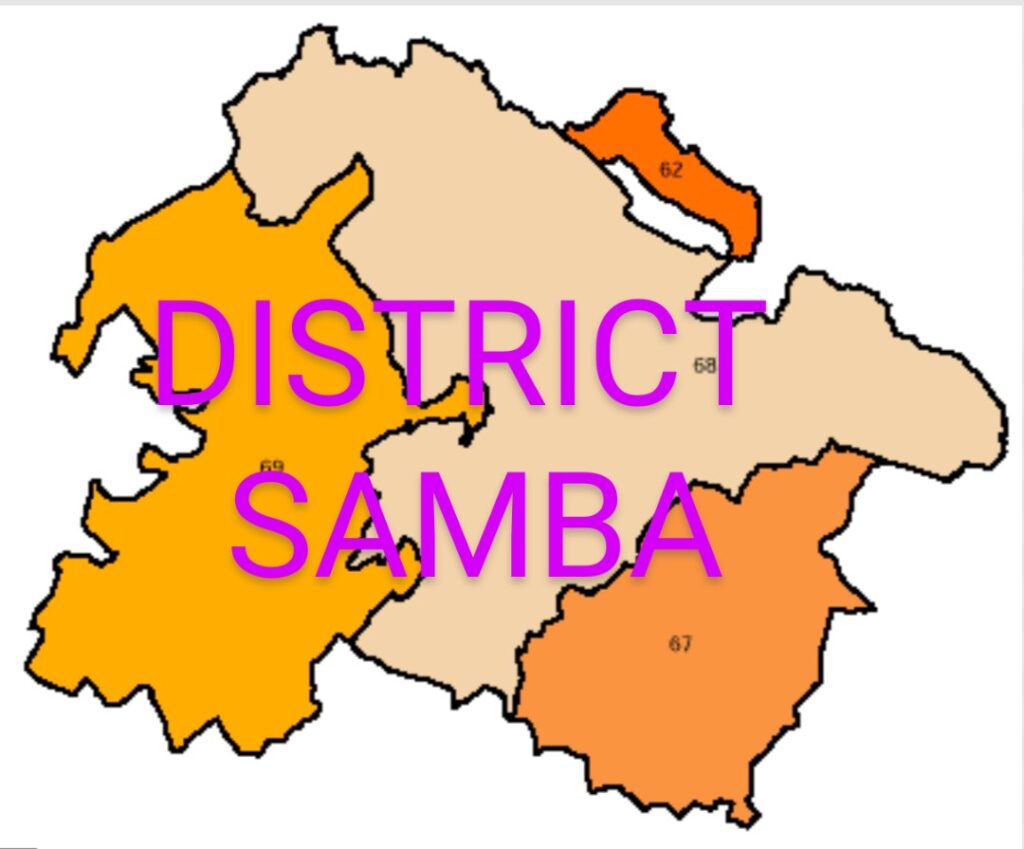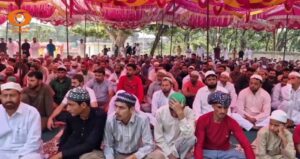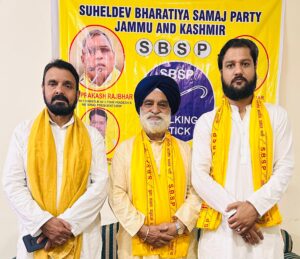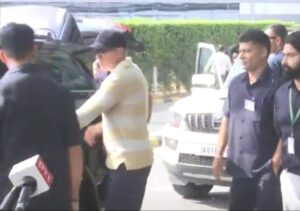Election Analysis: Samba District’s Three Assembly Seats

The recent Assembly elections in Samba district witnessed significant political dynamics, with the Bharatiya Janata Party (BJP) making remarkable gains across all three seats. Below is an analysis of the results and implications for the political landscape in the region.
Samba (Seat 70): Surjeet Singh Salathia’s Triumph
BJP candidate Surjeet Singh Salathia secured victory in Samba with a commanding margin of 43,182 votes, defeating his closest rival, independent candidate Ravinder Singh Lavlu, who garnered only 12,873 votes. Slathia ha lead of 30309 votes which is a hectic margin in Assembly elections.
The Democratic Progressive Azad Party’s Vinod Kumar Mishra received 4,289 votes, while Congress candidate KD Singh managed to obtain 3,628 votes.
The results in Samba have drawn attention, particularly the strong performance of Lavlu Sambyal which can be attributed to the ‘Vocal for Local’ demand of the people & Congress party’s misstep in selecting an inappropriate candidate. This decision led to discontent among Congress supporters, causing a shift in votes toward the independent candidate, Lavlu.
Whatsoever Salathia’s victory with a lead of over 30,000 votes highlights the BJP’s robust organizational strength and effective caste equations in the area. The significant voter turnout reflects the electorate’s desire for stability and development under the BJP’s governance.BJP’s Stronghold: The Bharatiya Janata Party (BJP) has maintained a significant hold in areas like Sumb, which accounts for chunk of votes, and Ghagwal, another crucial region which continued their support for BJP due to the party’s strong development agenda and previous electoral performance. Surjeet Singh Slathia, the BJP candidate has taken benefit from this, given his extensive political experience and the party’s existing voter base in these regions.
Slathia, being a well-recognized figure, could also leverage the BJP’s organizational strength and its established network across these key voting blocs. Moreover he has the leverage of the votes from his home land Gurha Slathia.
The poor performance of DPAP candidate Vinod Kumar Mishra and Congress candidate candidate KD Singh has rotten the DPAP & Congress in the region. It also gives us the message that Vote is always on the name of party & candidate’s image can increase it.
Vijaypur (Seat 71): Chandraprakash’s Victory
In Vijaypur, BJP’s Chandraprakash won decisively with 32,859 votes, overcoming National Conference’s Rajesh Kumar Pargotra, who received 19,040 votes. Pargotra’s performance at 13,819 votes paled in comparison to Chandraprakash’s total. APNI party’s candidate Manjeet Singh secured 13,161 votes.
Caste dynamics played a crucial role in Vijaypur, where the BJP’s strong foothold and well-structured campaigns helped secure a significant lead. Chunk of Brahmin votes polled in favour of BJP besides it’s traditional vote. The inability of the opposition candidates to combine their votes to challenge the BJP further highlighted the latter’s dominance in this region.
Division of SC & other down trodden caste votes between NC-Congress alliance & APNI party led to their defeat. The high morale prediction of coming of NC Congress Govt is not able to save this seat.
Ramgarh (Seat 69): Dr. Davinder Kumar Manyal’s Success
In Ramgarh, BJP candidate Dr. Davinder Kumar Manyal emerged victorious with 35,672 votes, defeating Congress’s Yashpal Kundal by a margin of 14,202 votes. Kundal managed 21,470 votes, while third-place candidate Advocate Sahil Bharti secured 10,672 votes.
Dr. Manyal’s win reinforces the BJP’s organizational capabilities, as Sahil Bharti’s appeal to certain caste groups fragmented Kundal’s voter base, contributing to his defeat. Even if we combine the votes of the second and third-place candidates, their totals did not reach Manyal’s impressive count.
Conclusion: Key Takeaways from the Samba District Elections
1. BJP’s Organizational Strength: The BJP’s well-structured organization and grassroots outreach played a pivotal role in securing victories across all three seats. The party’s ability to connect with the electorate and address their concerns was evident.
2. Impact of Candidate Selection: The Congress party’s failure to select suitable candidates led to disenfranchisement among its supporters, resulting in a loss of votes to independent candidates and contributing to the party’s overall decline.
3. Caste Dynamics: The interplay of caste politics significantly influenced the results, with the BJP’s ability to consolidate votes from various caste groups proving decisive in their victories.
4. Electoral Trends: The elections indicate a shift in the political landscape of Samba district, with the BJP establishing itself as the dominant party. The Congress and other regional parties will need to reevaluate their strategies and candidate selections to regain their footing in future elections.
Overall, the Samba district elections reflect the changing political dynamics in Jammu and Kashmir, emphasizing the importance of organizational strength, strategic candidate selection, and understanding local socio-political landscapes in determining electoral outcomes.
Rahul Sambyal ✍️
Political Analyst & Executive Editor Samba Times





